Prebiotics vs Probiotics, what's the difference?

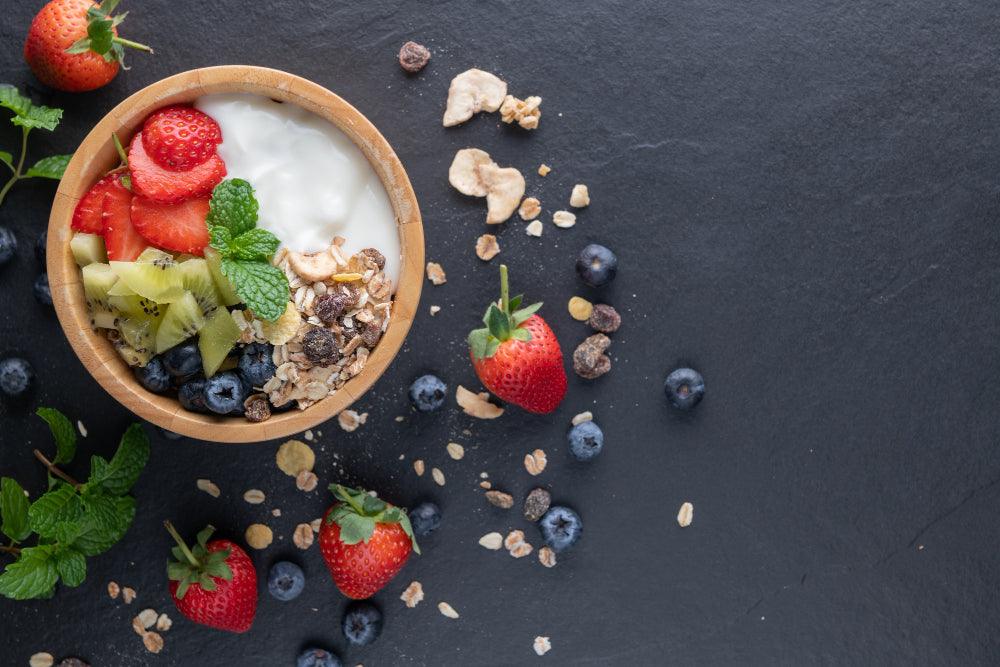
Related products

What’s covered?
Use prebiotics and probiotics to boost your digestive health.
Prebiotic and probiotic supplements are routinely used to improve digestive health. They have been known by humans for thousands of years. Modern nutritional science has just found out the biology behind them. Humans were always aware of the benefits of fermented and pickled foods.
Both prebiotics and probiotics are routinely used, but few are aware of their meaning. Let's understand these terms and understand how they are useful for your health. For the sake of understanding, we will first describe the probiotics.
What are probiotic supplements?
The food you eat enters the digestive tract, is digested and absorbed into the body. Will you trust me if I say that your digestive tract has billions of bacteria? Believe it or not, your digestive system has 300-500 different types of beneficial bacteria and archaea. This population is collectively known as gut microbiota.
The distribution of these bacteria is not uniform. The upper part of the digestive tract, i.e., the stomach and duodenum, has fewer germs than the lower parts. Collectively, an estimated 38 trillion bacteria are resident in your digestive system. They are as numerous as all cells in your body. Amazed? Don't worry; the size of a bacteria is much smaller than your body cells. Their added weight is just 0.3% of your total body weight.
What are gut bacteria doing?
Don't worry. These bacteria are not your enemy. They are helpful bacteria and have multiple benefits for human health. In return for shelter and food, these friendly bacteria provide the following benefits for you:
-
They secrete enzymes that help you digest some foodstuffs, e.g., starch.
-
They colonise your digestive tract and inhibit the colonisation by harmful bacteria by competing with them.
-
They aid in the metabolism of drugs and other pharmaceutical compounds.
-
They maintain gut health and have a positive effect on the intestinal epithelium.
-
They boost your immunity.
-
They help to reduce inflammation.
Their benefits are limitless and more research is undergoing to understand the functions of specific species in the body.
What are probiotic foods?
After becoming aware of their benefits, you might want to boost your gut microbiota. It is precisely what probiotic foods are. Many foods are well known to stimulate the beneficial bacteria in your body.
Probiotics are live bacteria or yeast incorporated into human foods due to their beneficial effects. According to wellness professionals, these beneficial bacteria in the probiotics enter the digestive tract and enhance the valuable functions of the other friendly bacteria.
These good bacteria improve your digestive health and are recommended by physicians in certain health conditions.
Various bacteria are present in commercial and natural probiotics, which perform various biological tasks. These beneficial bacteria mainly belong to Lactobacillus or Bifidobacterium groups. Some of the friendly bacteria used in the probiotic supplements are;
-
Lactobacillus acidophilus
-
Bifidobacterium longum
-
Bifidobacterium bifidum
-
Lactobacillus vulgaris
-
Lactobacillus plantarum
-
Lactobacillus brevis
The following probiotic foods are a regular part of your diet and are well known for their health benefits:
-
Yoghurt
-
Kefir
-
Buttermilk
-
Natto
-
Some varieties of cheese
-
Pickles
-
Kombucha
-
Miso
-
Kimchi
-
Tempeh
-
Green olives
-
Lassi
-
Sourdough bread
-
Fermented fish
-
Apple cider vinegar
-
Dark chocolate
-
Beer
Besides these naturally fermented foods, various commercially prepared probiotic supplements are also available. The nutritionists suggest that probiotic supplements should have at least 1 billion colony-forming units (CFU) to be effective. However, products containing up to 50 billion CFU are available. The CFU is the unit used in microbiology to estimate bacterial and fungal cells.
What are prebiotics?
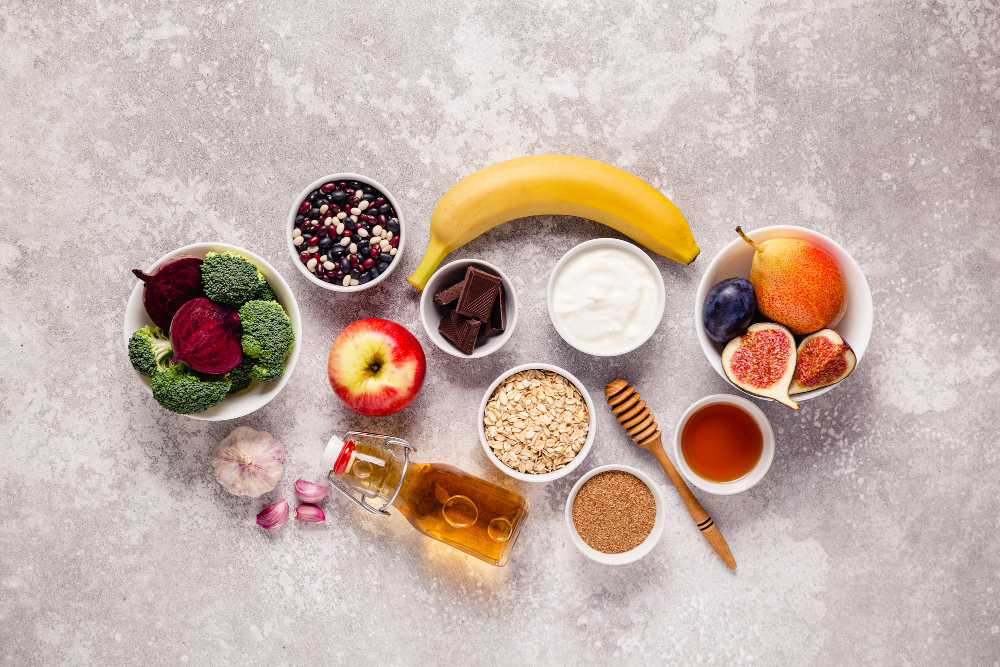
Have you developed any fondness for the bacteria important for your gut health? Are you interested in their well-being? If so, you should feed them.
Prebiotics are the natural fibrous foodstuffs that are not digestible for your digestive system, but gut bacteria can degrade them and use them as food. The idea of prebiotic supplements is to 'feed your bacteria'. It will promote the beneficial bacteria's growth with the advantages mentioned above. So, you are feeding not only for yourself but for your bacterial friends.
Natural prebiotics are found in vegetables, fruits and whole grains, and a variety of commercial products are also available.
How can prebiotics help you?
The advantages of prebiotics are linked to the benefits of probiotics. They improve your digestive health, enhance immunity and reduce inflammation. Furthermore, some research suggests that they improve the digestion of carbohydrates, improve calcium absorption, and improve metabolism. However, research on various aspects of prebiotics is needed to ascertain their full benefits.
Which foods are rich in natural prebiotics?
The prebiotics could be taken with probiotics. Some natural prebiotic-rich foodstuffs are:
-
Seaweed
-
Asparagus
-
Mushrooms
-
Chickpeas
-
Kidney beans and lentils
-
Garlic and onions
-
Blueberries
-
Watermelon
-
Cocoa powder
-
Barley
-
Oats
-
Jicama roots
-
Chocolate
-
Underripe banana
-
pulses
-
spinach
-
Jerusalem Artichokes
-
Garlic
-
Leeks
-
dandelion greens
-
Whole grains
How should prebiotics be used?
The healthcare professional physicians recommend using a variety of prebiotic-rich foods as each bacteria will have a likeness for different types of fibre. Moreover, a wide variety of prebiotics will increase the population and biodiversity of the bacterial population.
However, finding the right balance between prebiotics and probiotics is necessary to reap maximum advantages. Numerous studies have shown that adding prebiotic-rich foods to our diets will positively impact the population of valuable bacteria.
Bottom line
Your bodies have vast populations of good bacteria in the digestive tract. These live microorganisms have a variety of bacterial species and provide numerous invaluable services to your body. So, it would be highly prudent to take care of these bacteria and supplement their population through probiotics. You can also help your gut microbiota by eating fibrous foods which are not digestible for you but are broken down and used by your bacterial friends as foods.
Use probiotics and prebiotics in your foods and stay healthy.
To learn more about gut health, see our information page here.
To see our range of supplements, click here.
For a full range of blood tests and medications, visit our Welzo Online Pharmacy Page. For more details, click here.







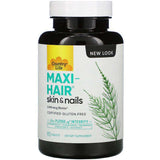
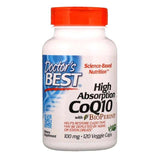

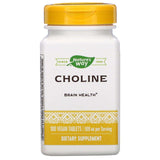



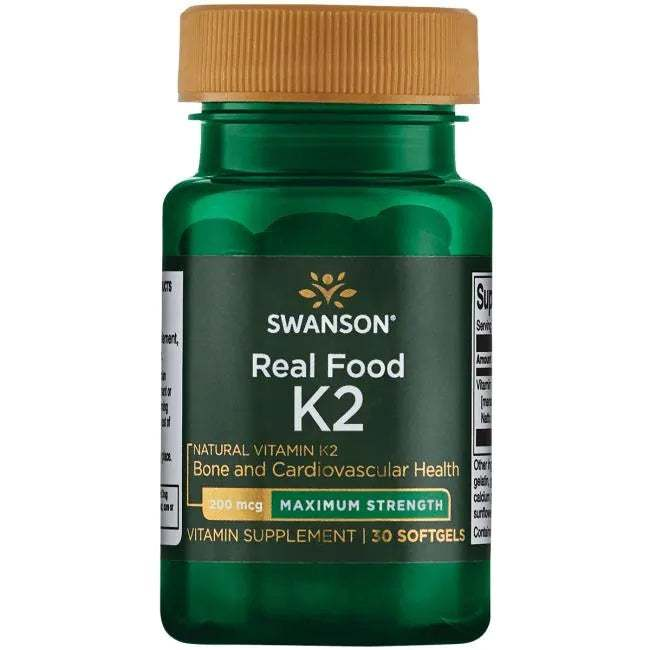
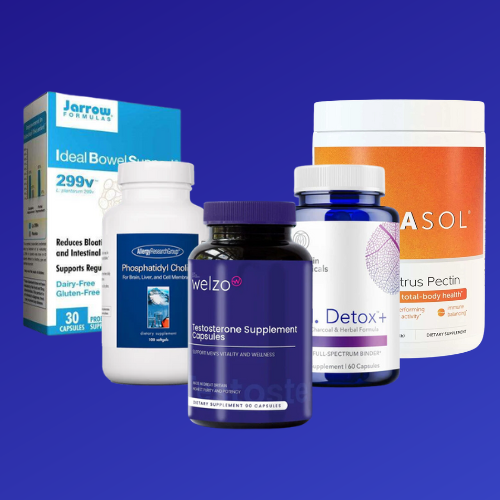

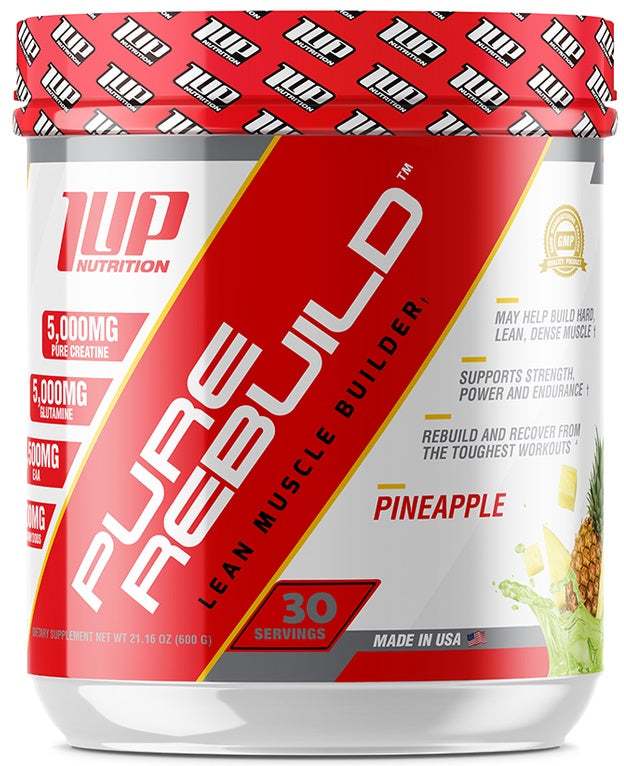
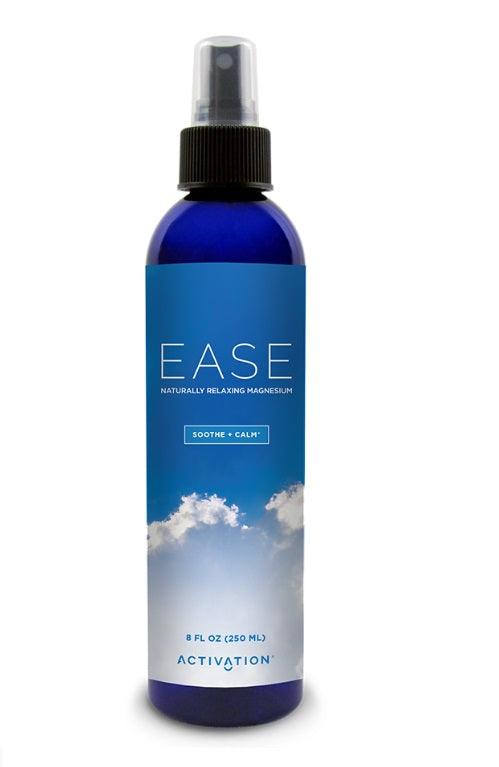
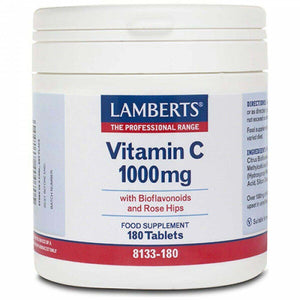



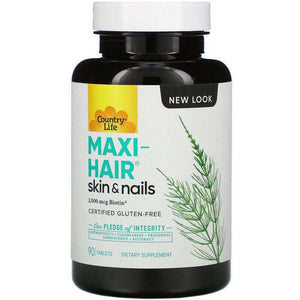
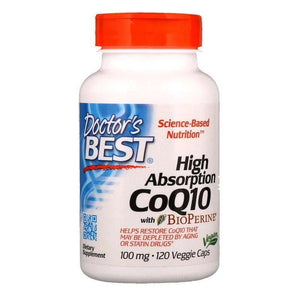
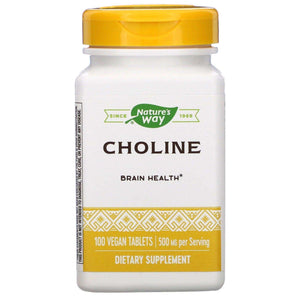






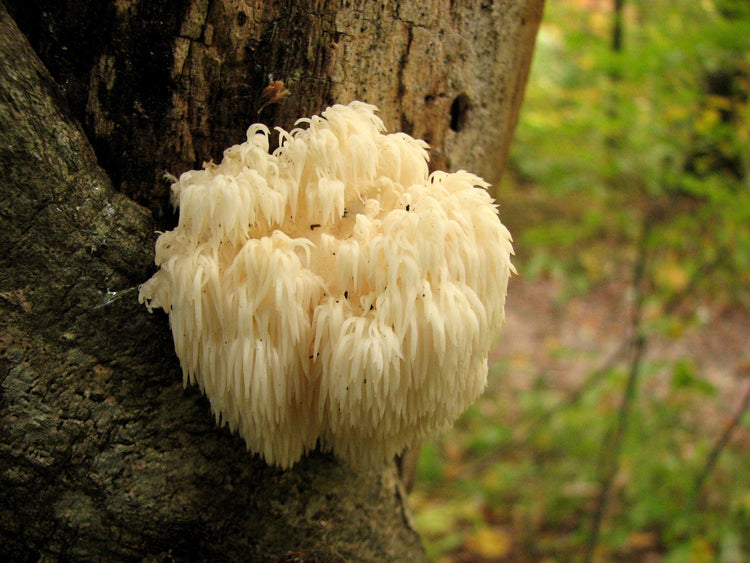
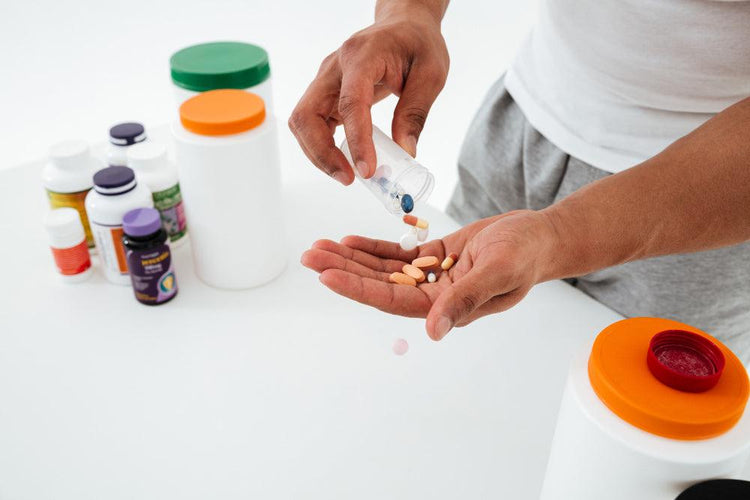
 Rated Excellent by 26,523+ Reviews
Rated Excellent by 26,523+ Reviews